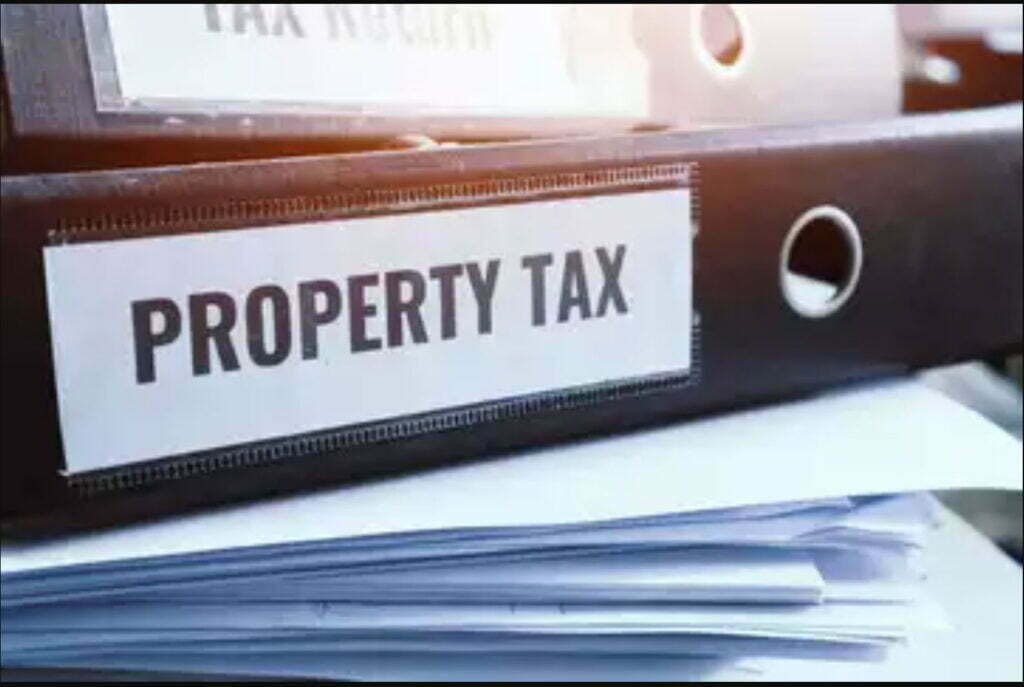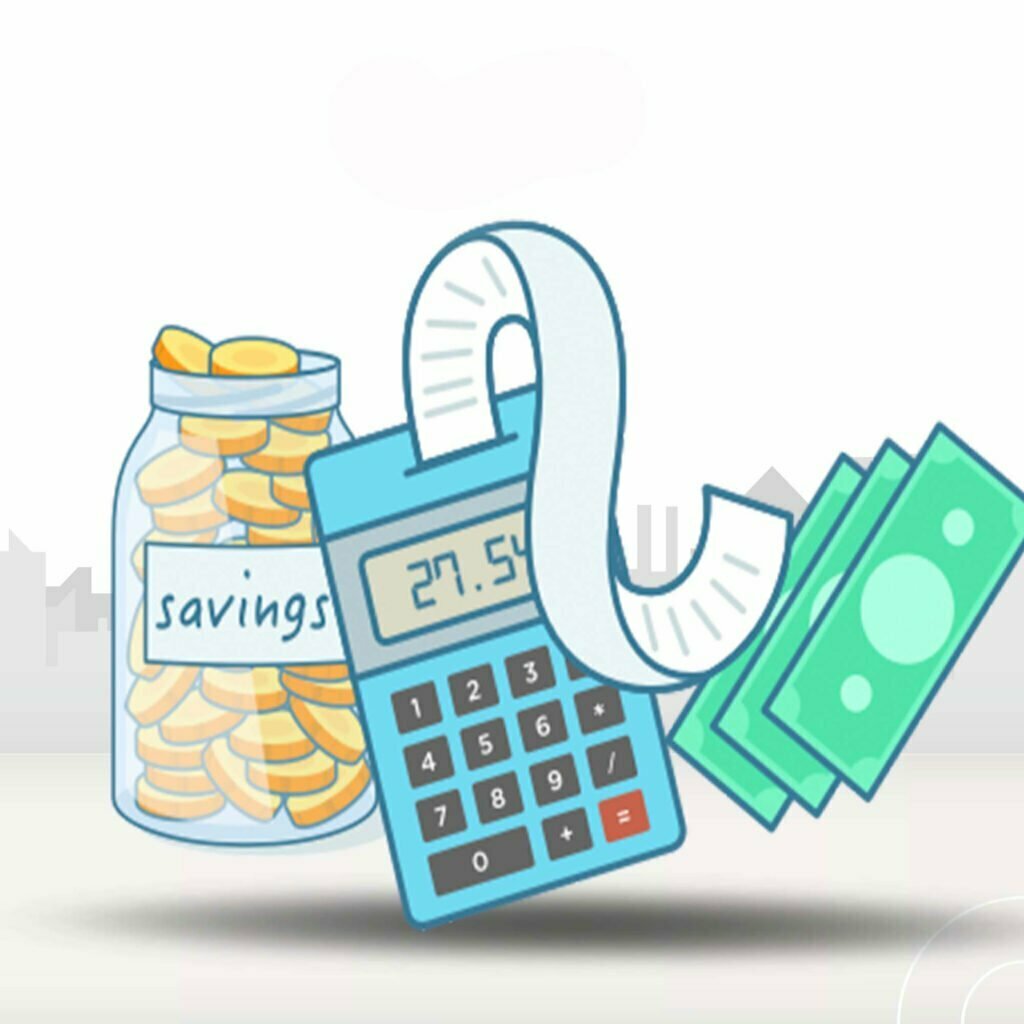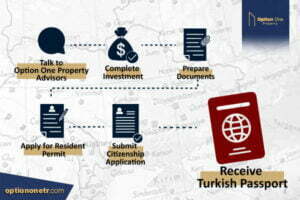Real estate taxes in Turkey have become increasingly relevant in recent years as Turkey has experienced economic growth and development.
The country has seen an increase in foreign investment, and its real estate market has become one of the largest in Europe. In response, the Turkish government has implemented a range of taxes on commercial and residential real estate purchases designed to promote further growth and development in the sector.
Table of Contents
These taxes can confuse foreign investors, who must understand the country’s taxation system’s complexities to navigate the market successfully.
This article will provide an overview of real estate taxes in Turkey, including information on the types of taxes levied on property purchases, taxation rates, and the implications for foreign investors.
Real Estate Taxes in Turkey After 2022
As of January 1st, 2023, the Ministry of Finance will implement a new system for real estate taxes in Turkey. This new system will levy a tax on all properties, regardless of whether they are used for commercial or residential purposes. Furthermore, the tax will be calculated based on the property’s value.
This change will significantly impact the real estate market in Turkey. Property values are expected to increase as investors factor in the new tax when making investment decisions. This could lead to an increase in rental prices, as well.
Taxes before buying a property

When buying a property in Turkey, there are a few taxes to consider in addition to the purchase price. These taxes include Title Deed Fee, Purchasing Tax, VAT (KDV), and Value Added Tax (VAT). All are applicable before the signing of the title deed, and all are based on the purchase price and can be paid before or after the registration.
The Title Deed Fee is calculated at a flat rate of 0.4% of the purchase price and is payable by the buyer. This fee covers registering the property in the buyer’s name.
Next, the Purchasing Tax is calculated at a flat rate of 4% of the purchase price and is also payable by the buyer. This fee is paid to the Turkish State and is considered a transfer tax.
The buyer must pay 18% of the purchase price as Value Added Tax (KDV), a tax on the property transfer. However, the rate may reduce to 1% if the buyer applies for Turkish Citizenship.
The government collects a Value Added Tax (VAT) of 8% of the purchase price on selling goods or services, including property, in Turkey.
When purchasing a real estate in Turkey, it is essential to consider all the taxes before signing the title deed.
You can ensure that you pay attention to buying a property in Turkey by understanding these taxes, accounting for them in your budget, and considering them when calculating the property’s total cost, as these taxes can add up quickly.
Taxes after buying a property
Knowing the taxes you must pay after the purchase is essential if you consider buying a property in Turkey. The central taxes you will need to pay are the Title Deed Fee, the Purchasing Tax, and the Value Added Tax (VAT) or the KDV (KDV).
The title deed office requires the Title Deed Fee at the time of purchase, which is usually around 2.5% of the property’s purchasing price. The purchaser must also pay the Purchasing Tax at the time of sale, typically between 1 and 4%.
The Purchasing Tax covers the expenses associated with purchasing the property, such as the real estate agent’s commission, and protects the legal costs associated with the purchase.
You will need to pay the final tax and value-added tax, or KDV. This tax is usually between 3 and 8% of the purchasing price and is used to cover the government’s costs associated with the purchase, such as registration and title deed fees. To obtain Turkish Citizenship, you may also need to pay an additional KDV tax, usually between 1 and 4%.
Do foreigners pay property taxes in Turkey?

Do foreigners pay turkey property taxes in Turkey when purchasing real estate? The answer is yes. All foreign property buyers in Turkey are subject to taxes, including Title Deed Fees, Purchasing Tax, and Value Added Tax (VAT or KDV).
The governmental authorities calculate the Deed Fee as a percentage of the property’s sale value, usually 5%, and charge it as a one-time fee at the time of purchase for foreigners.
The government typically collects a one-time tax of 1%, known as “Tapu Harcı” or Purchasing Tax, based on the property’s sale value.
Value Added Tax (VAT or KDV) is an annual sale tax on the property’s value. For non-citizens of Turkey, this is 18%. The government registers the deed with the owner and calculates the VAT at 6% for Turkish citizens and 18% for foreigners when they pay the tax.
In addition, foreigners who buy property in Turkey must obtain Turkish Citizenship to be free of VAT or KDV. However, to be eligible for Citizenship, buyers must meet specific criteria and the Turkish authorities’ requirements.
Land Taxes in Turkey
Suppose you consider buying property in Turkey or becoming a Turkish citizen through property ownership (homebuyers). In that case, you should be aware of the taxes you may need to pay when investing in real estate in the country. These include Title Deed Fee, Purchasing Tax, and VAT (KDV or Value Added Tax).
- Title Deed Fee:
The Title Deed Fee is a tax charged on purchasing and transferring property. It is set at 4% of the property’s purchase price or the value stated in the title deed. This fee is due within a month of signing the title deed contract.
- Purchasing Tax:
Purchasing tax is a transfer tax charged on the sale of a property. This tax is set at a flat 1.5% of the purchase price, regardless of the value stated in the title deed. This fee is due within three months of signing the title deed contract.
- VAT:
VAT, also known as KDV or Value Added Tax, is a tax charged on purchasing or transferring a property. It is charged at 8% of the property’s purchase price or the value stated in the title deed. This fee is due within two months of signing the title deed contract.
As well as paying taxes when buying real estate in Turkey, buyers of Turkish Citizenship through property ownership also need to pay a stamp duty of 0.3% of the property’s purchase price. This fee is due within a month of signing the title deed contract.
Real Estate Taxes on Rental Income
For investors looking to make money through rental income in Turkey, many taxes must be considered before making their profits. Turkey’s most common taxes associated with rental income are the Value Added Tax (VAT) and the Title Deed Fee (TDF).
VAT is a tax levied on sales, services, and leases of properties in Turkey. It is based on the total gross income received by the tenant, and the rate of VAT charged varies depending on the province where the property is located, ranging from 1% to 18%.
The other central tax is the Title Deed Fee, which varies by province. It is a one-time fee paid by the buyer of a property in Turkey and can range from 0.1% to 1%. Both of these taxes must be considered when calculating the total cost of ownership for a property in Turkey. This is because they can significantly impact an investor’s profits.
In addition, foreign nationals looking to purchase property in Turkey may be subject to the Purchasing Tax (KDV) and Value Added Tax (VAT). Buying tax is a flat rate tax, ranging from 1% to 15%, while VAT is a tax based on the property’s value. These taxes are also essential when calculating the total cost of ownership for a property in Turkey.
Additional taxes are needed for those seeking Turkish Citizenship through property investment. These include a Purchasing Tax of 0.2% and a Title Deed Fee of 0.3%. These taxes are in addition to any other taxes associated with the purchase of the property and must be considered when calculating the total cost of ownership.
How do I pay taxes on my property in Turkey?

It is the property owner’s responsibility to pay taxes on their property in Turkey. The amount of tax you will pay is based on the value of your property and the municipality in which it is located.
You can pay your property taxes online or at the local tax office.
To pay your property taxes online, you must have your Turkish tax number (VERGILENDIRME NUMARASI) and the property’s address (TAKSIT NO).
You can find your Turkish tax number on your property tax bill or by contacting the local tax office. The property’s address can be found on the deeds to the property or by contacting the local municipality.
Paying your property taxes personally at the local tax office is relatively simple. However, you must present your Turkish ID card and property ownership documents.
Once your identity has been confirmed, and the amount of taxes is determined, the tax practitioner will print out a tax payment slip that includes the debiting information of your account.
Conclusion
In conclusion, the real estate taxes in Turkey are complex and constantly changing. In addition, tax laws vary significantly from region to region, so it is essential to always be on the lookout for new information.
It is also essential to pay attention to the different types of taxes that apply before and after you purchase a property.
As for foreigners, it is essential to consult a legal or financial advisor before buying a property in Turkey to understand the local real estate taxation rules.
Lastly, understanding the taxation rules related to rental income is key to ensuring you meet all your taxation obligations.
While the real estate taxes in Turkey can be complex, they are necessary to provide a fair, equitable, and profitable real estate market.












